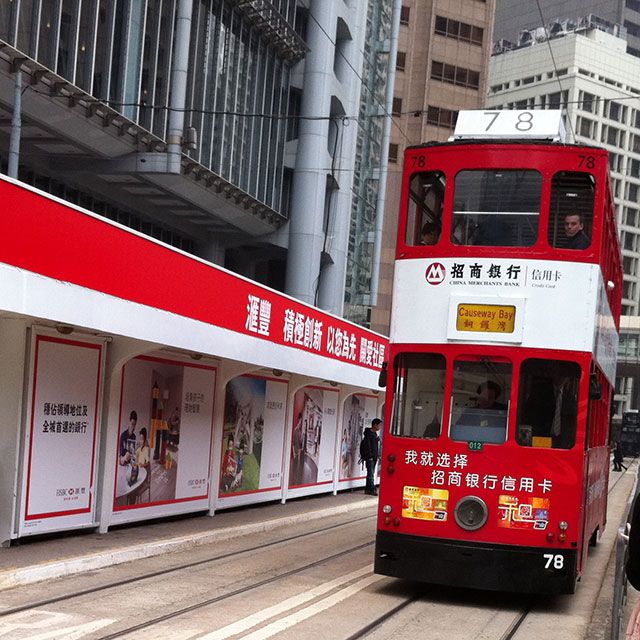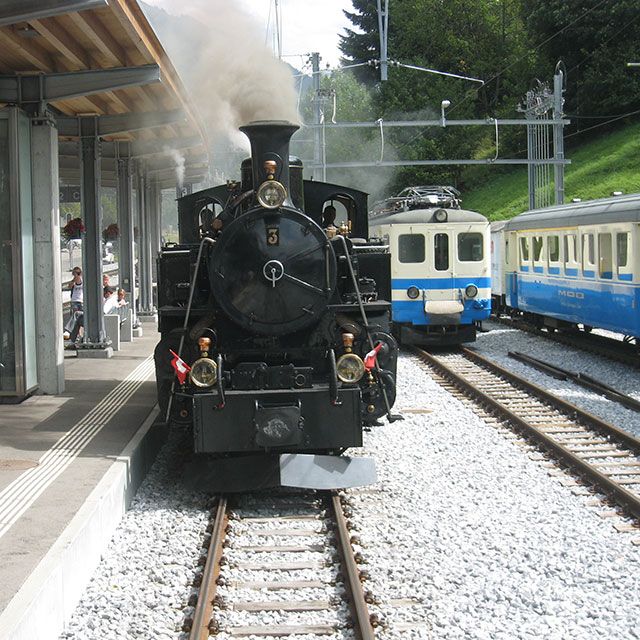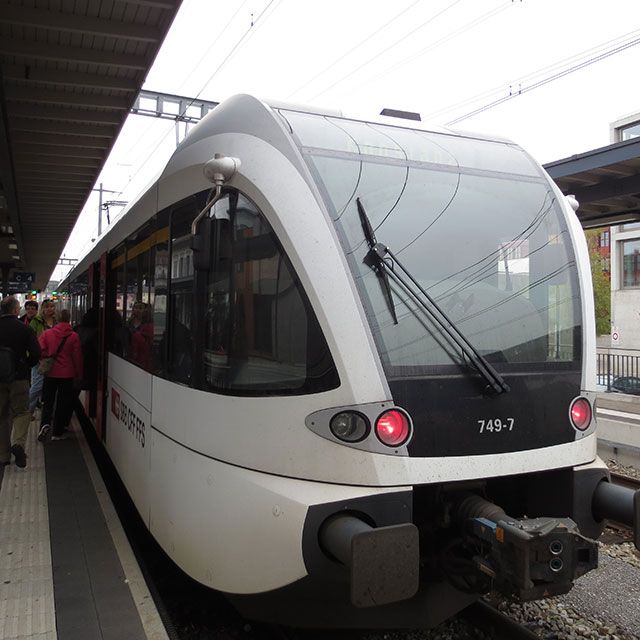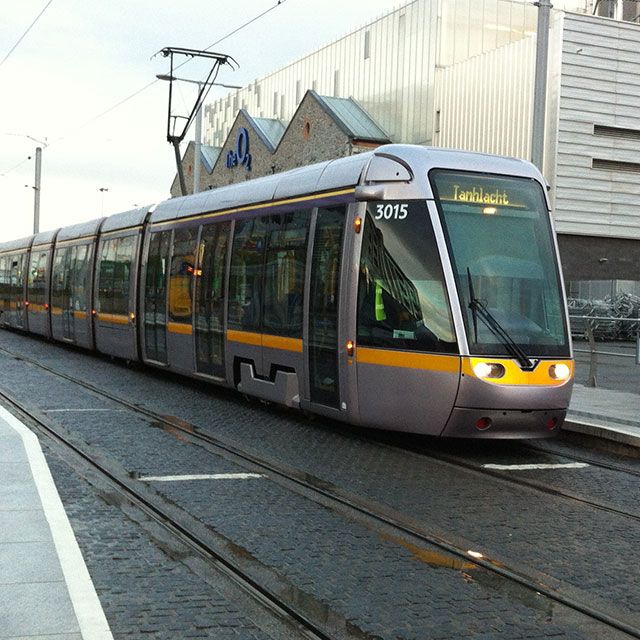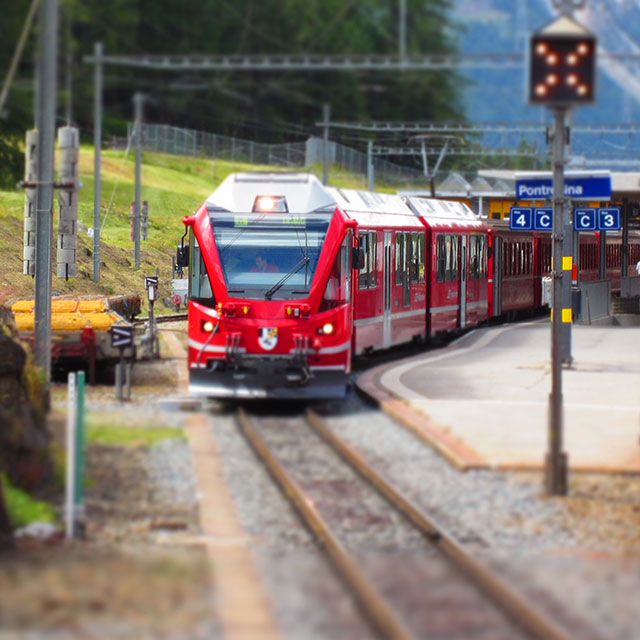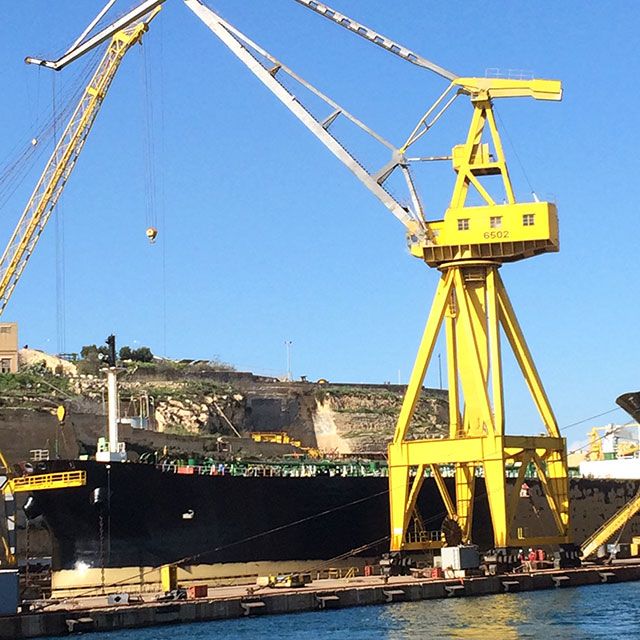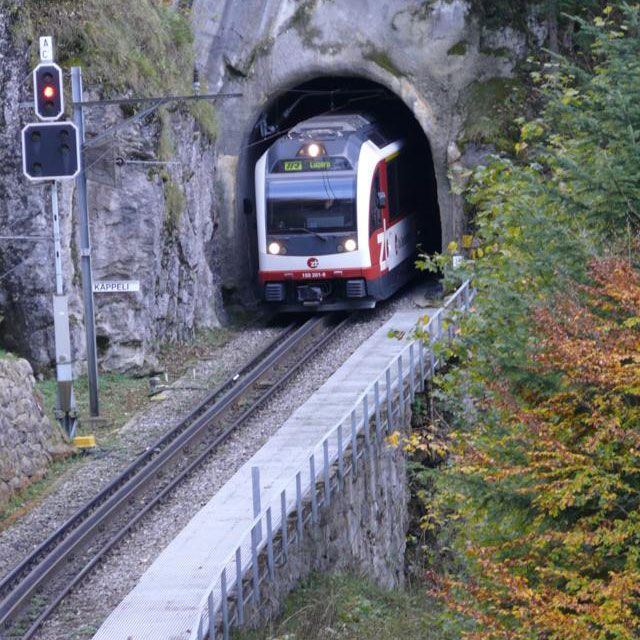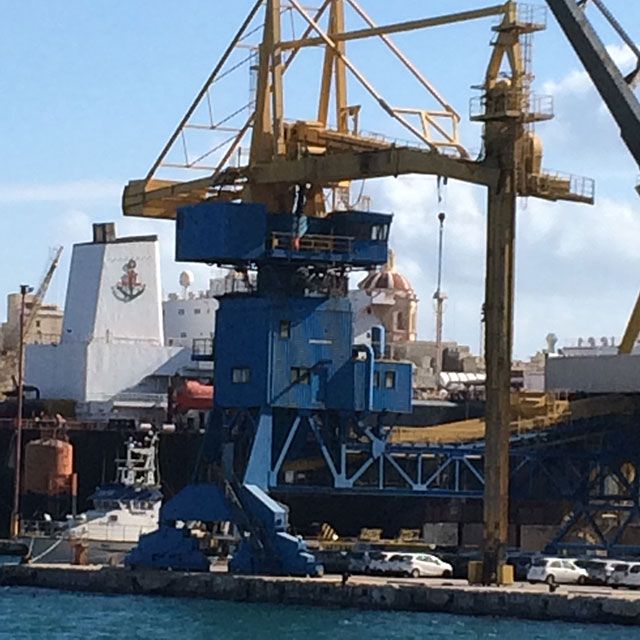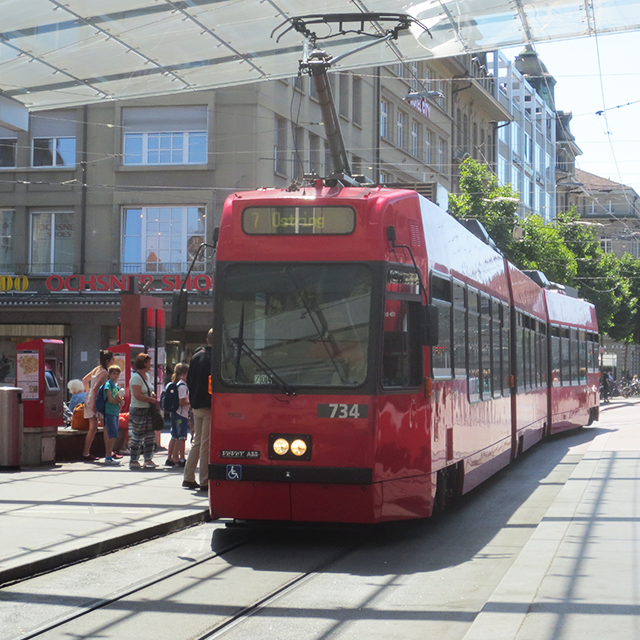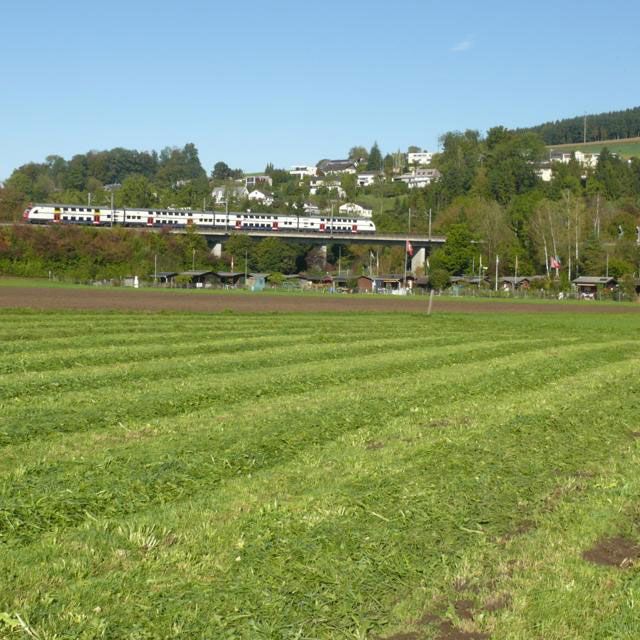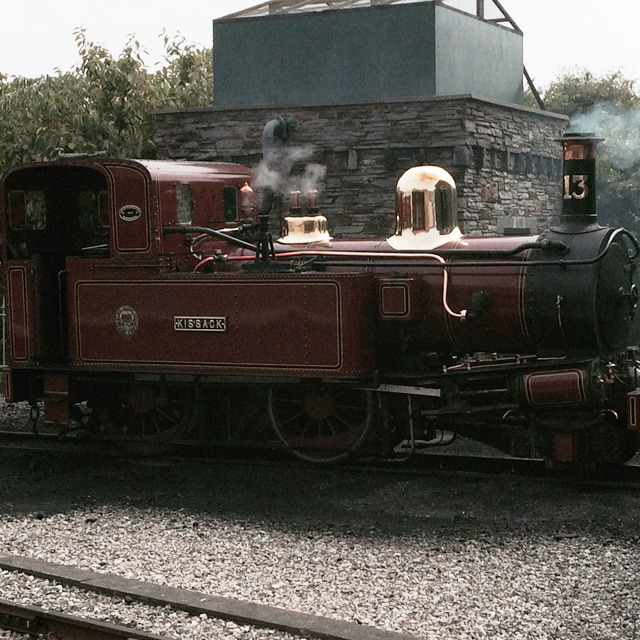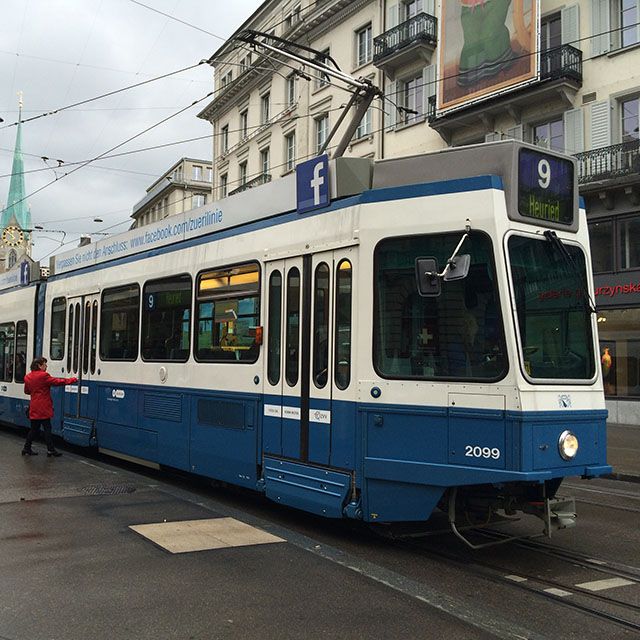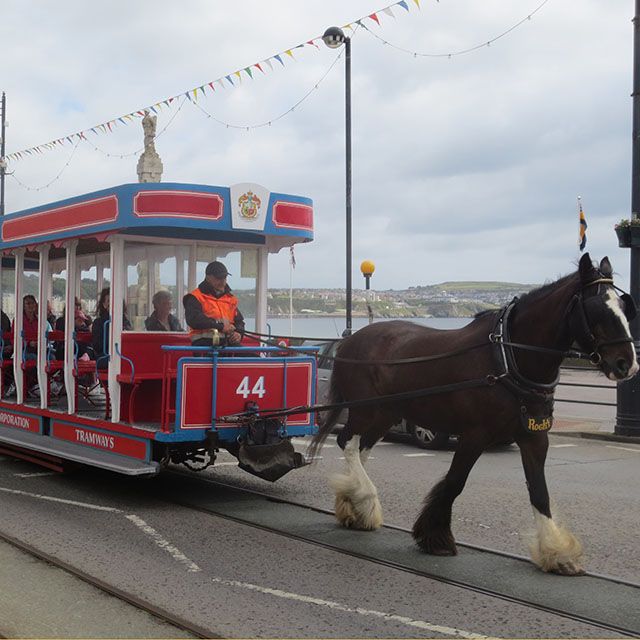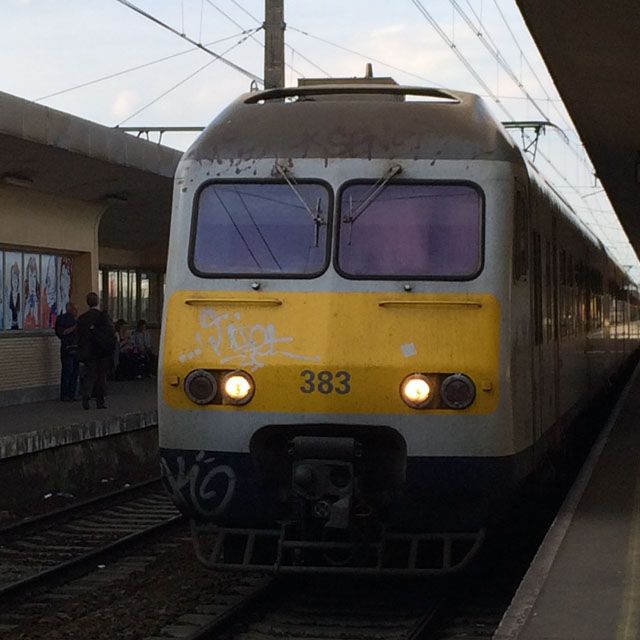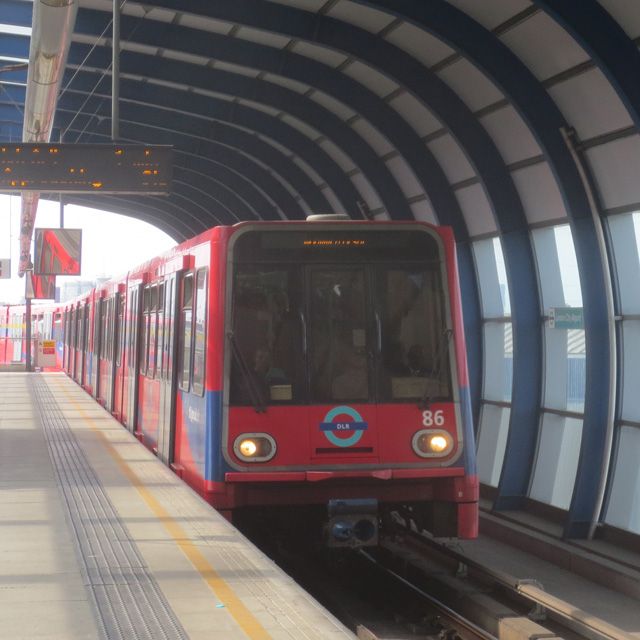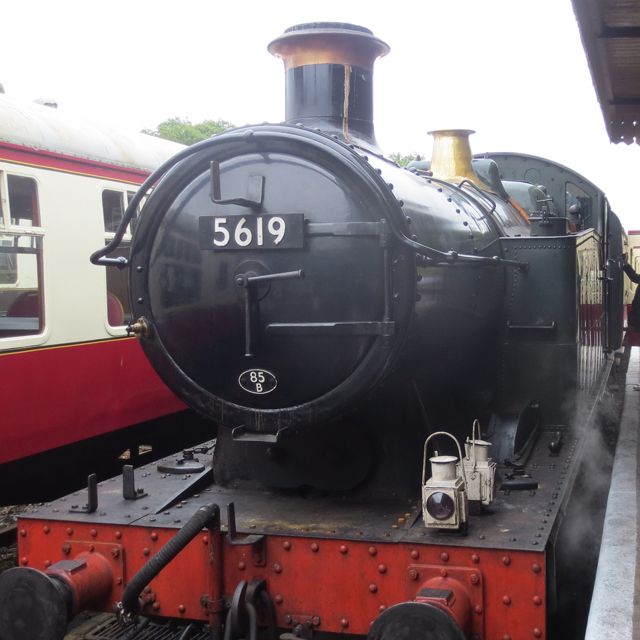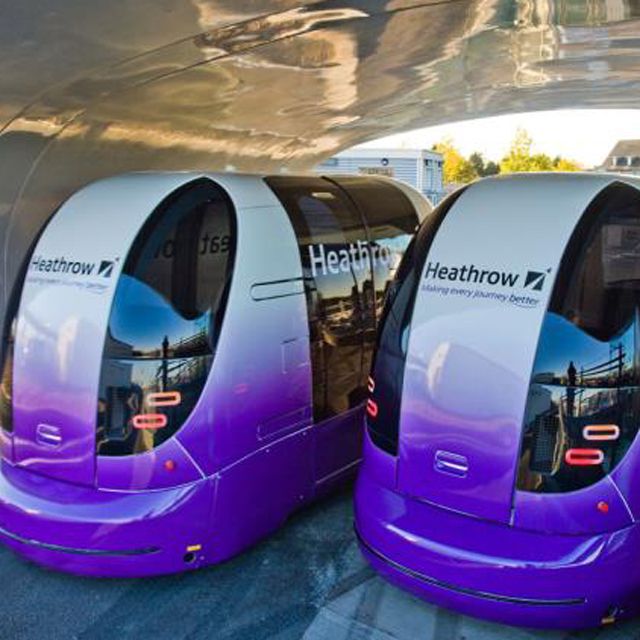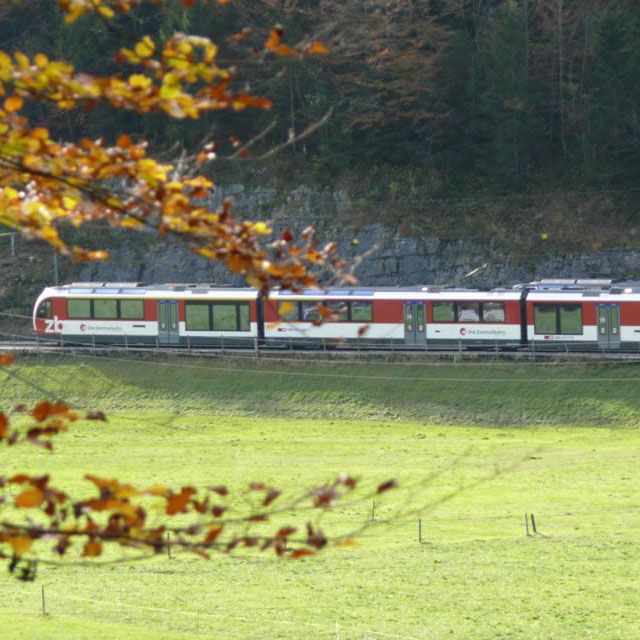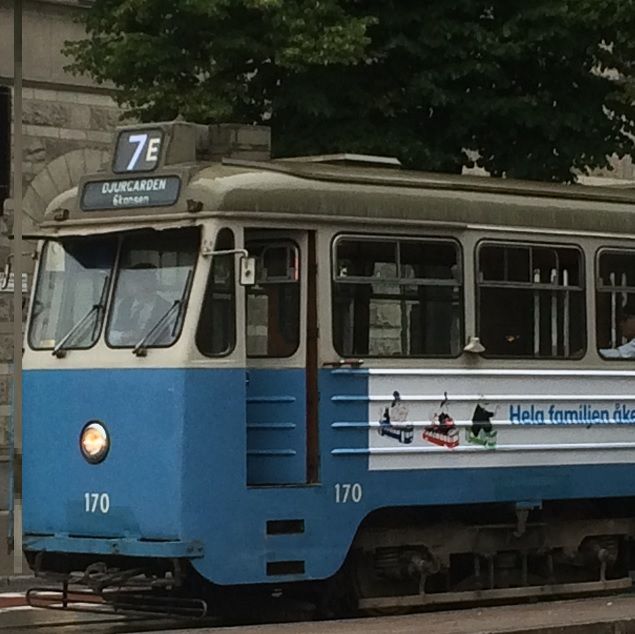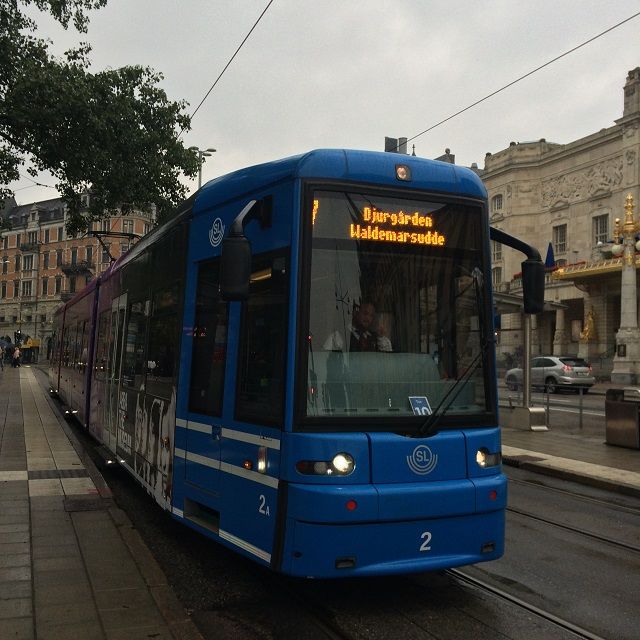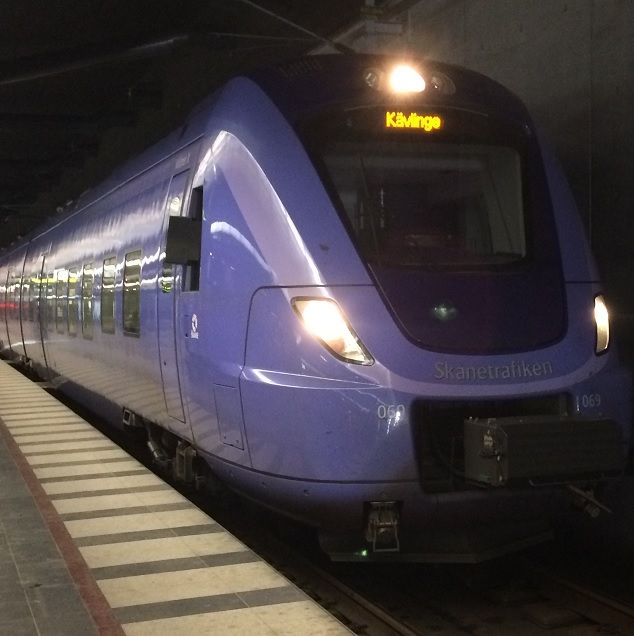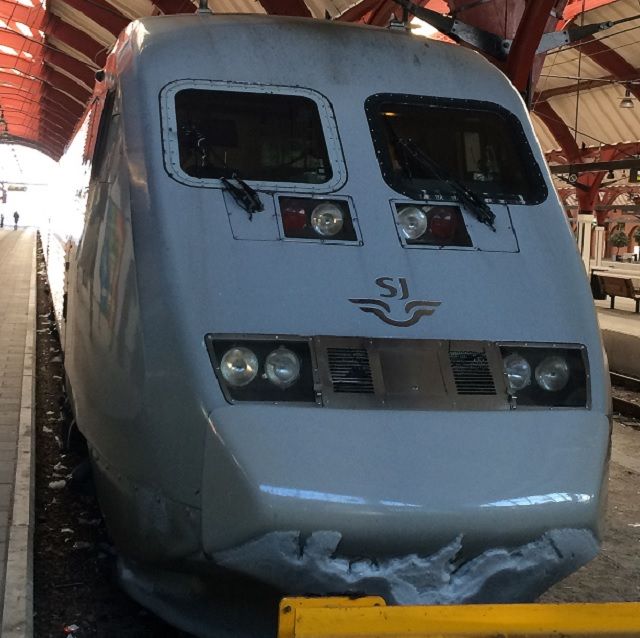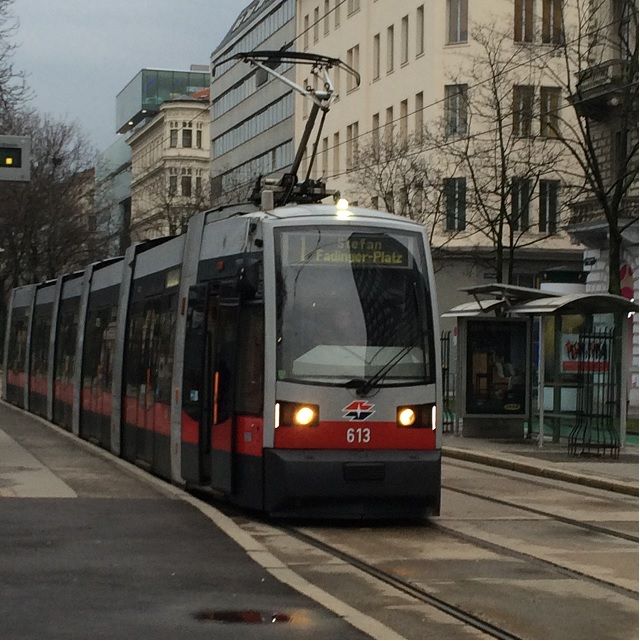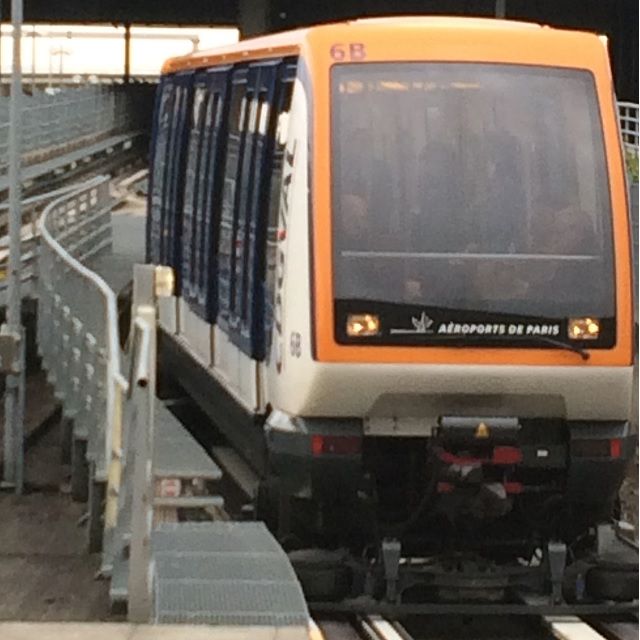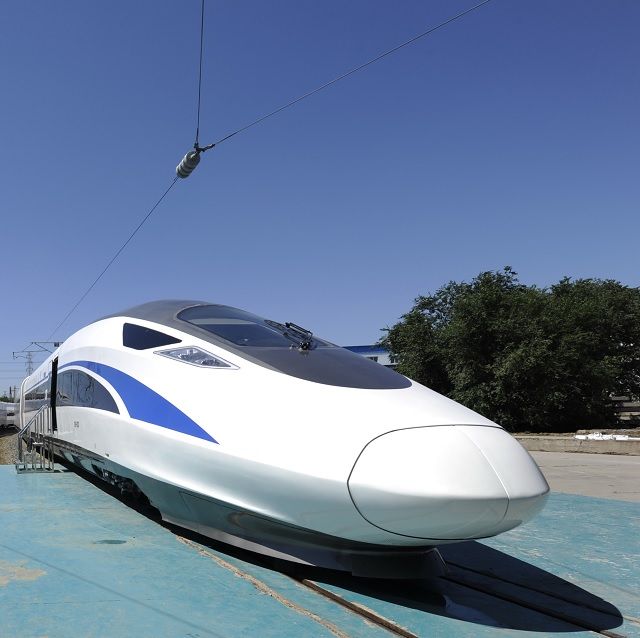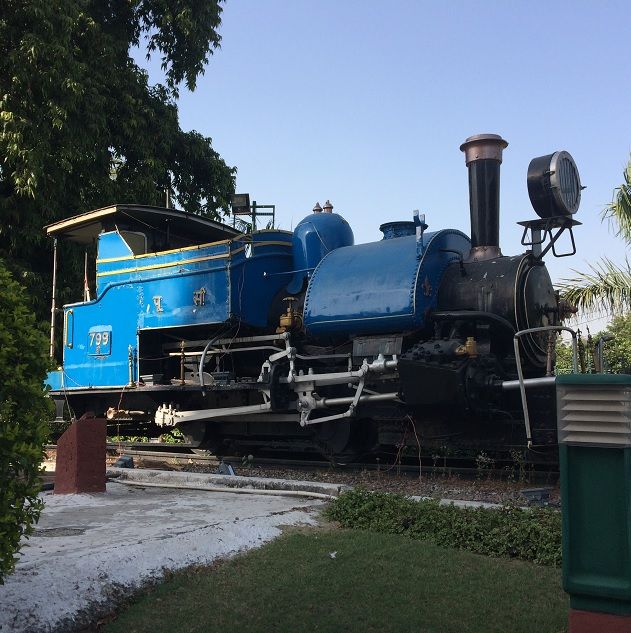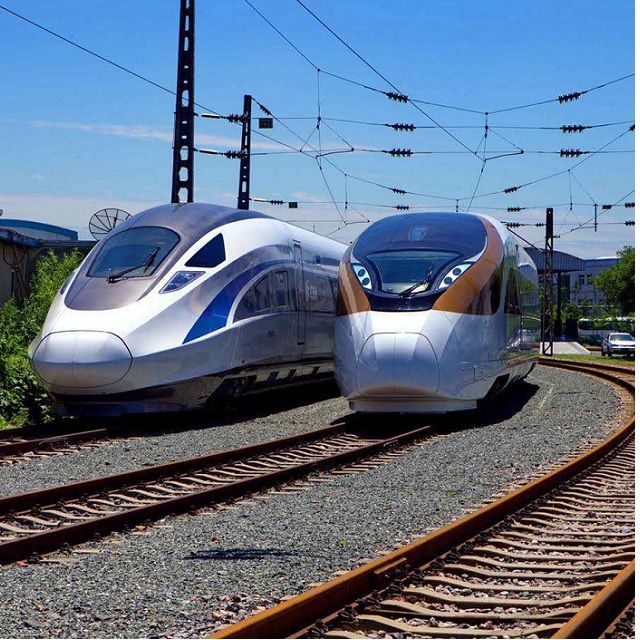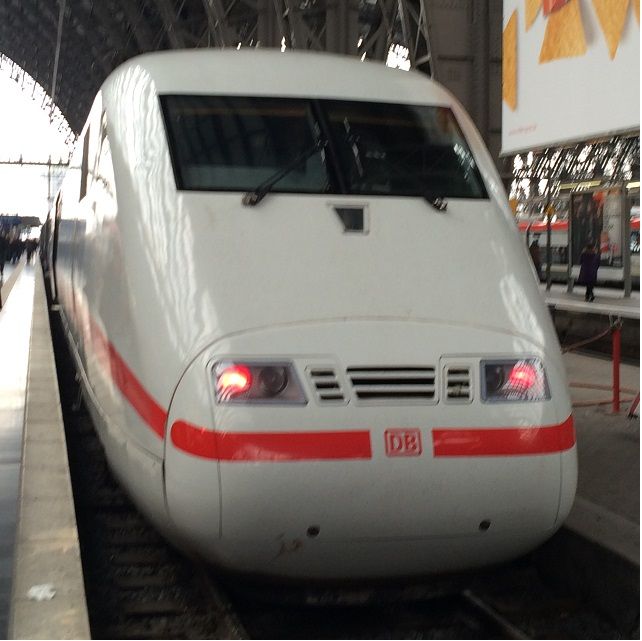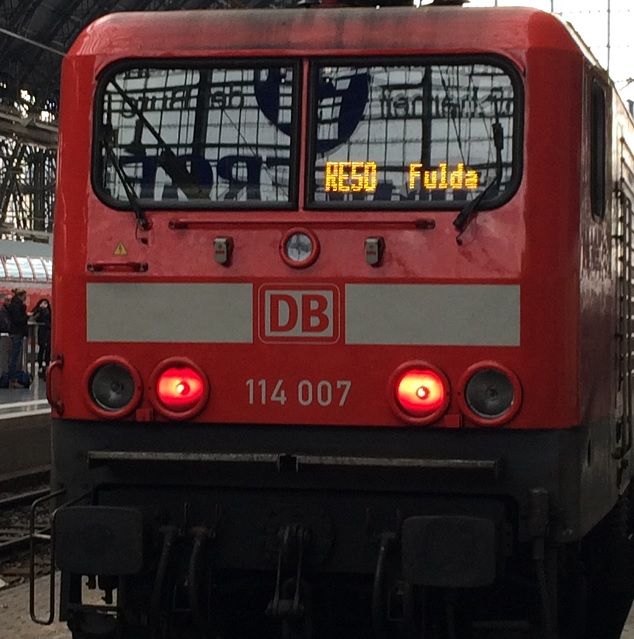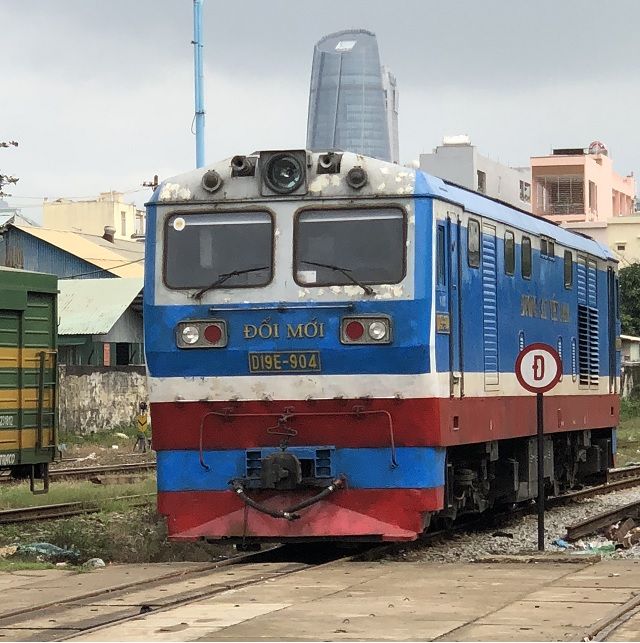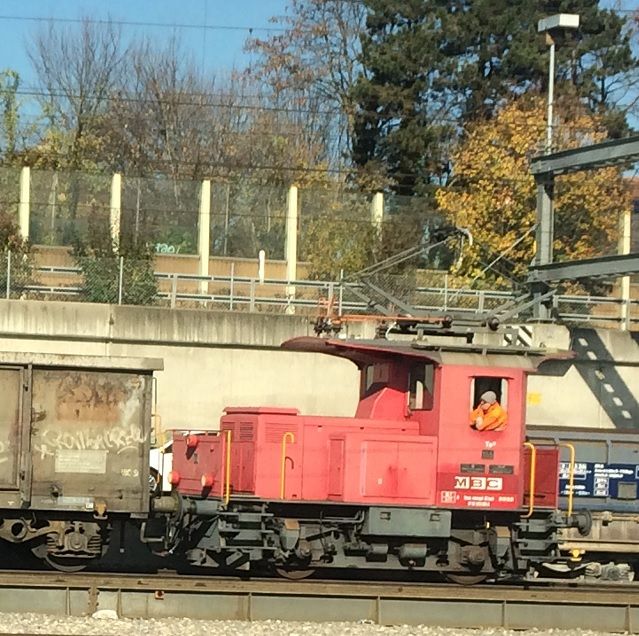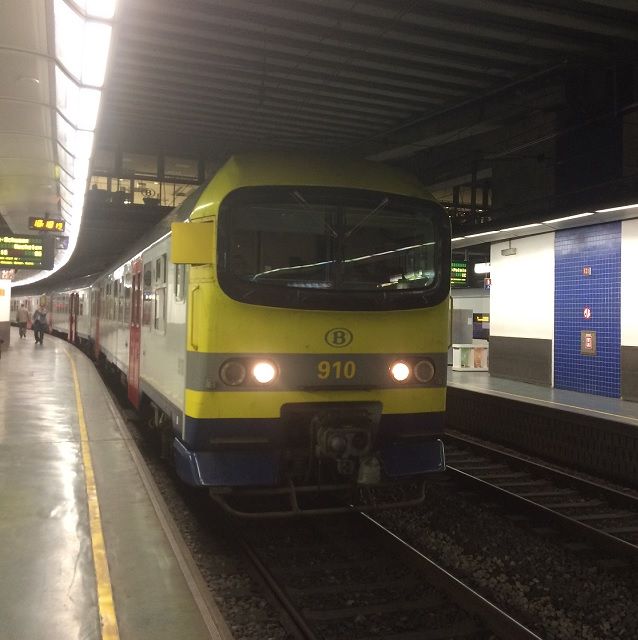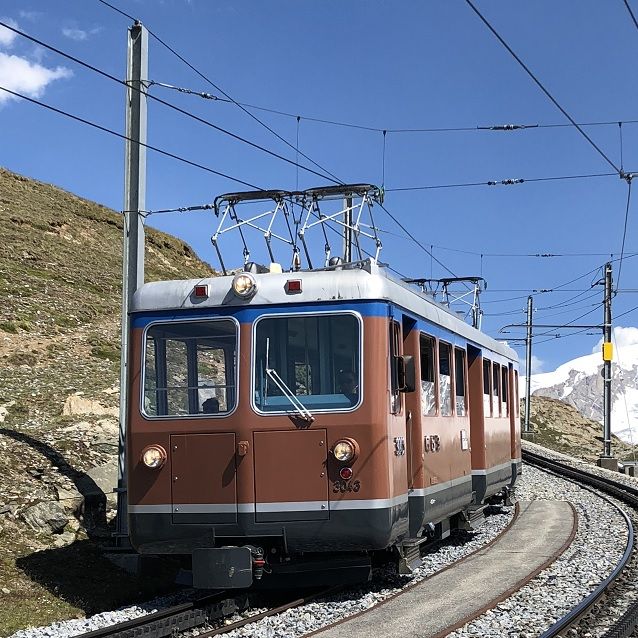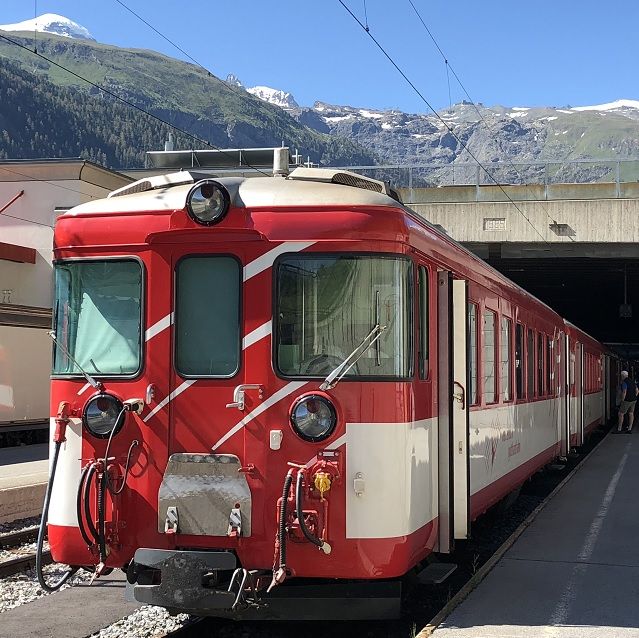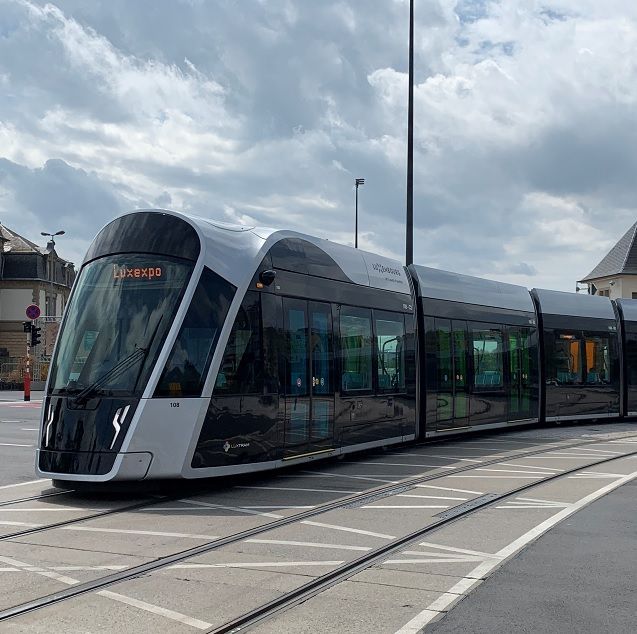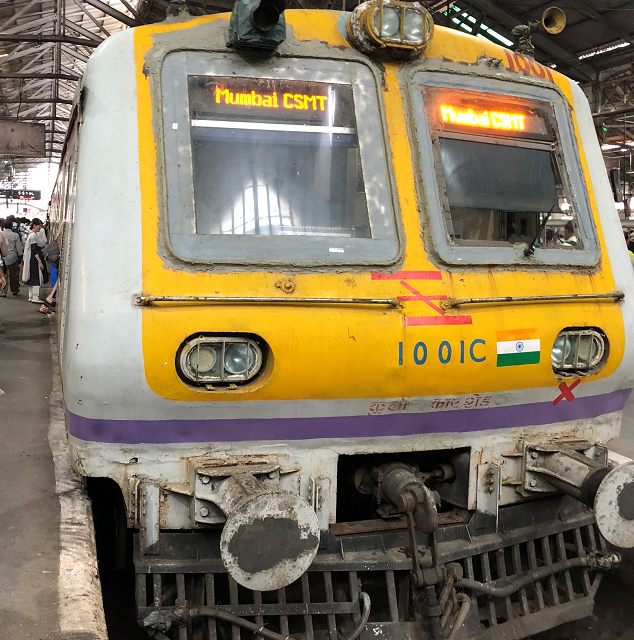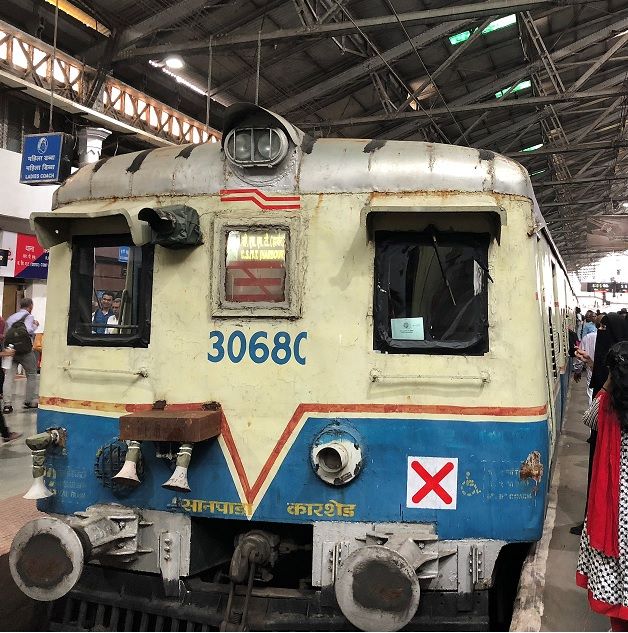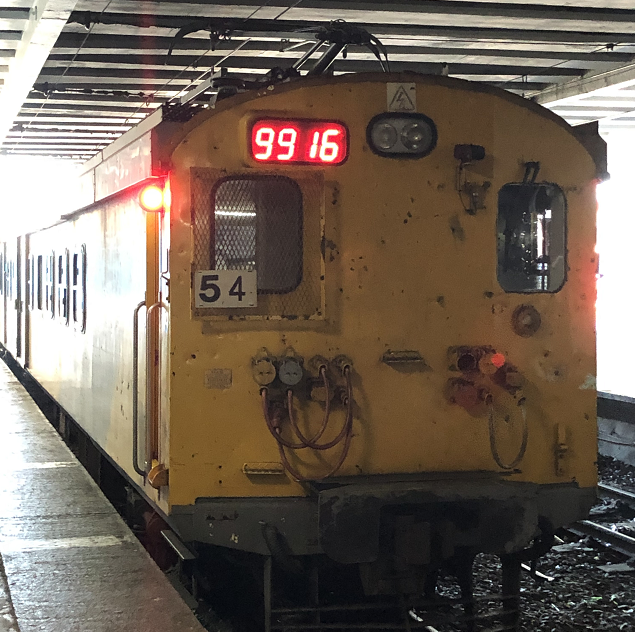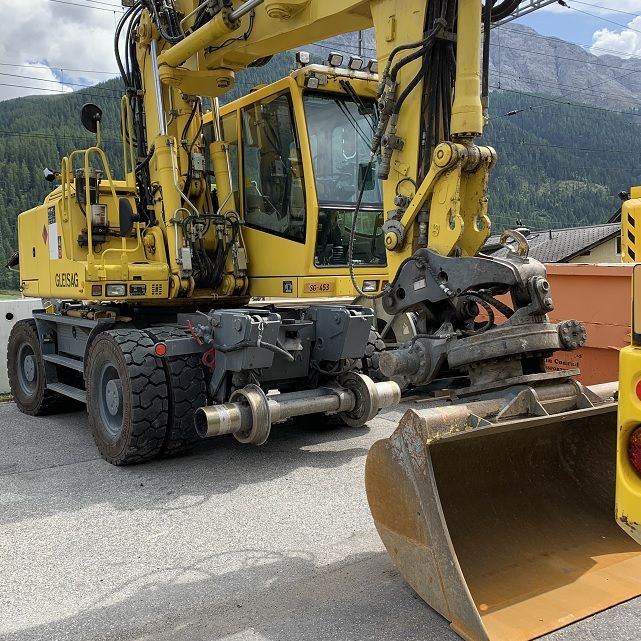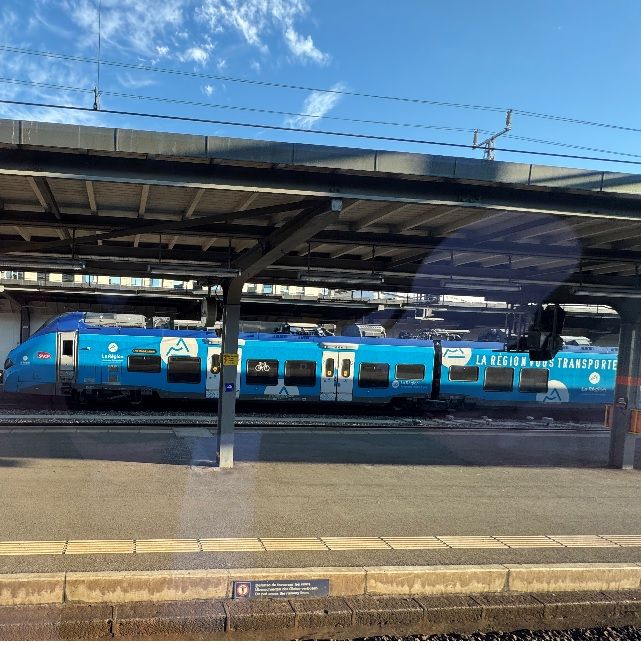News
Dakar Declaration supports adoption of Luxembourg Rail Protocol
The UIC Africa Rail Finance Forum held in Dakar, Senegal, in October issued a key declaration that included unequivocal support for the Luxembourg Rail Protocol to the Cape Town Convention:
“…….. some African countries are in the process of adopting the Luxembourg Protocol into their national legislation to secure and finance rolling stock. These ownership efforts are encouraged by the African Union. It is therefore strongly suggested that African countries support the Luxembourg Protocol ratification process.”
As pointed out by RWG Chairman Howard Rosen, who presented at the Dakar Forum, it costs governments nothing to ratify the Rail Protocol – indeed 26 governments across Africa have already adopted the Cape Town Convention and the Aircraft Protocol. However, the results of adopting the Rail Protocol will be immense, as it will liberate governments and operators from the need to access public funds to finance the billions of dollars of railway equipment Africa so desperately needs. Indeed, governments will even be able to refinance existing rolling stock fleets through sale and leasebacks. In addition, the new common security system will make it easier to move rolling stock across borders and will facilitate collaboration between rail operators in different countries, bringing to life the vision of an African integrated rail network.
The Dakar Declaration is the latest in a line of important statements out of Africa supporting adoption of the Luxembourg Rail Protocol:
- In 2021, ministers and delegates to the Sixth PIDA Week in South Africa recognised the Protocol as an important component of the future PIDA projects and the AU Agenda 2063 for continental integration, prosperity and peace.
- In September 2023, African transport ministers meeting in Zanzibar adopted a resolution urging all AU member states that have not already ratified the Protocol to move forward as quickly as possible with its adoption.
The Luxembourg Rail Protocol has the full support of the African Union, the UN Economic Commission for Africa, and other multilateral institutions around the world, as well as many leading private sector lenders and lessors.
The Protocol has already been ratified by Gabon, and is in the process of being ratified by South Africa. Many other African states are looking to move forward with the adoption of the Protocol, which will be working for the benefit of governments, creditors and operators in contracting states from early 2024.
For the African rail community, the Luxembourg Rail Protocol is a game changer. As a common transnational security system for private lenders and lessors, it will bring an integrated rail network across the continent much closer in the coming decades. It represents a huge new opportunity to achieve the goals of an African Continental Free Trade Area where it will be the railways that, literally, deliver the goods in the most cost effective and sustainable way. The RWG joins the African Union and the United Nations Economic Commission for Africa in urging African governments to ratify the Rail Protocol as soon as possible.




